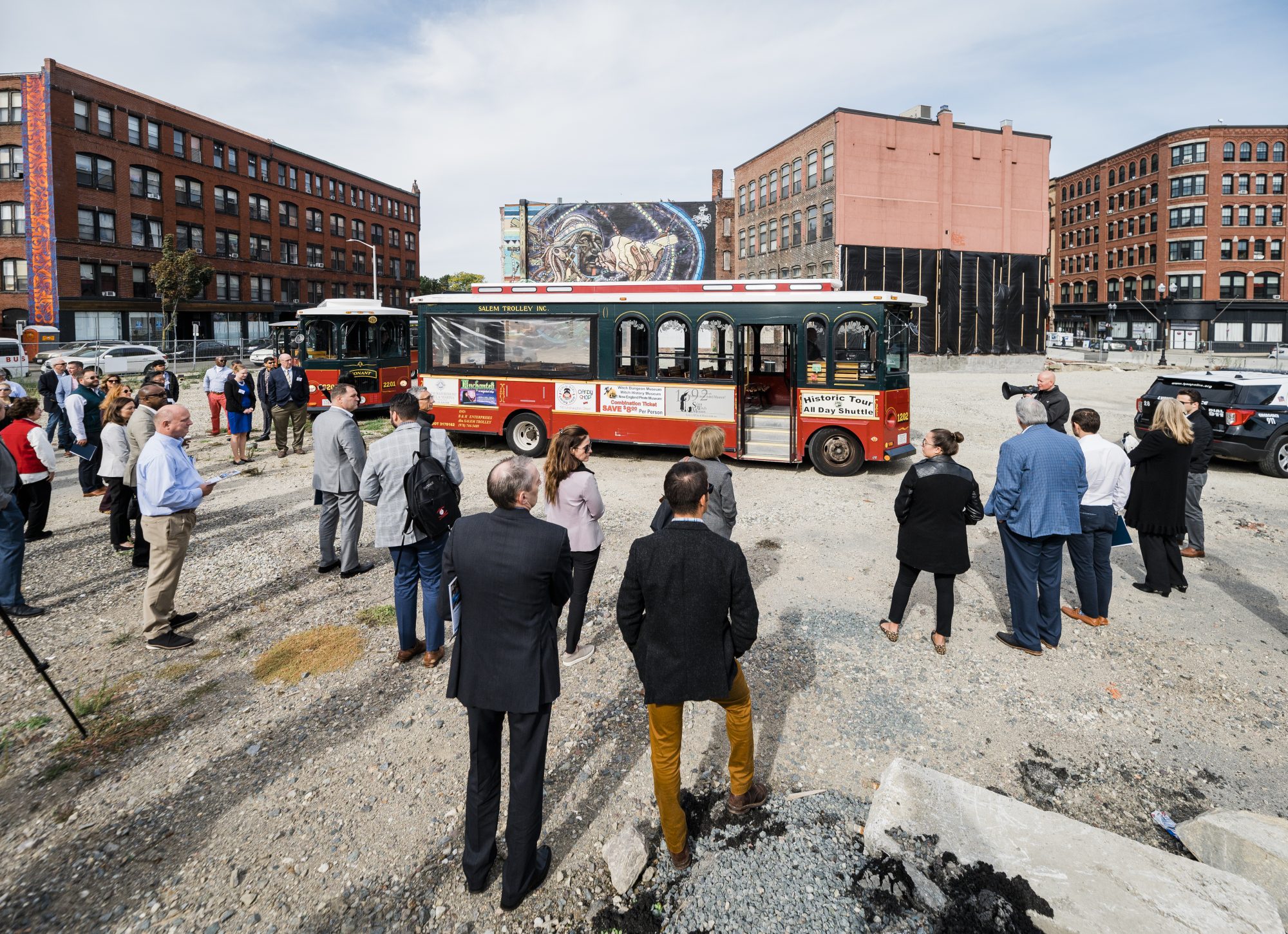LYNN — The zoning plan submitted to the City Council by Mayor Jared Nicholson seeks to serve a dual purpose: boosting both affordable housing and economic growth in the city, with a particular focus on the life sciences.
The plan, submitted to the Council last month, will “preserve land uses for industrial and commercial uses in order to maintain a robust industrial sector in the city, while establishing zoning use categories around the creative economy to support growth,” according to Nicholson’s office.
On the economic development front, the plan’s big-picture goals include encouraging new development and economic opportunities within the innovation economy with a focus on Life Science Industries, supporting investment in commercial and industrial facilities providing greater job access to Lynn residents, preserving land zoned for industrial uses, and related commercial uses, to maintain a robust industrial sector within the city, according to a presentation given to the Planning Board by Principal Planning Director Aaron Clausen.
Clausen, who also serves on the board of the Affordable Housing Trust Fund, said the plan seeks to drive investment into the city in an effort to boost entrepreneurial activity and grow the life sciences sector of the city.
“The idea here is to make sure we’re allowing for and facilitating growth in a sector, [and] improve job access for Lynners,” Clausen said in an interview. “It’s really looking to move job growth. Another piece of that is to ensure that we’re preserving existing land that is zoned for those uses … and [preserving] it for those purposes.”
Clausen explained that the city is trying to achieve a greater balance of land uses, providing opportunities for growth in both the housing and commercial areas.
“There’s been a number of studies done recently that point to the need for preserving and sort of allocating land towards those commercial uses,” he said. “The changes that we’re proposing with the economic development piece … we’re trying to open that up a little bit.”
He cited the city’s waterfront as a particular area ripe for development, explaining that city officials have used many of the recommendations made in the municipal harbor plan in crafting the zoning plan.
A key part of the plan, which will be the subject of a public hearing on Dec. 13, is “clarifying and simplifying” zoning requirements around what Clausen dubbed “the innovation economy.”
“The other piece of it is to ensure that we have land use types that are often found in the same area in these districts that are sort of in ways similar in that they’re fabrication of production and producing something, but also can be viewed as an amenity, a common one is a brewery distillery or winery,” he said. “Having a microbrewery with the tasting room, down the street from a research and development facility sort of provides that kind of live work play dynamic that we think supports vibrant innovation ecosystem.”
Specific amendments included in the plan seek to allow research & development in light industrial and waterfront districts “by right,” allow research & development in high industrial and waterfront districts by special permit, allow light manufacturing in waterfront districts by special permit, rezone properties along Federal Street to light industrial, and removing residential land uses from industrial districts.
The plan also seeks to allow multifamily high-rises by special permit in waterfront districts, eliminate ground floor commercial exemptions in waterfront districts, eliminate ground floor commercial restrictions in waterfront districts, reduce open space & landscaping requirements in waterfront districts, and review the minimum/maximum height requirements in a waterfront district.
Clausen said if approved by the council and the planning board, the plan would go into effect immediately.
Charlie McKenna can be reached at [email protected]. Anthony Cammalleri can be reached at [email protected]

